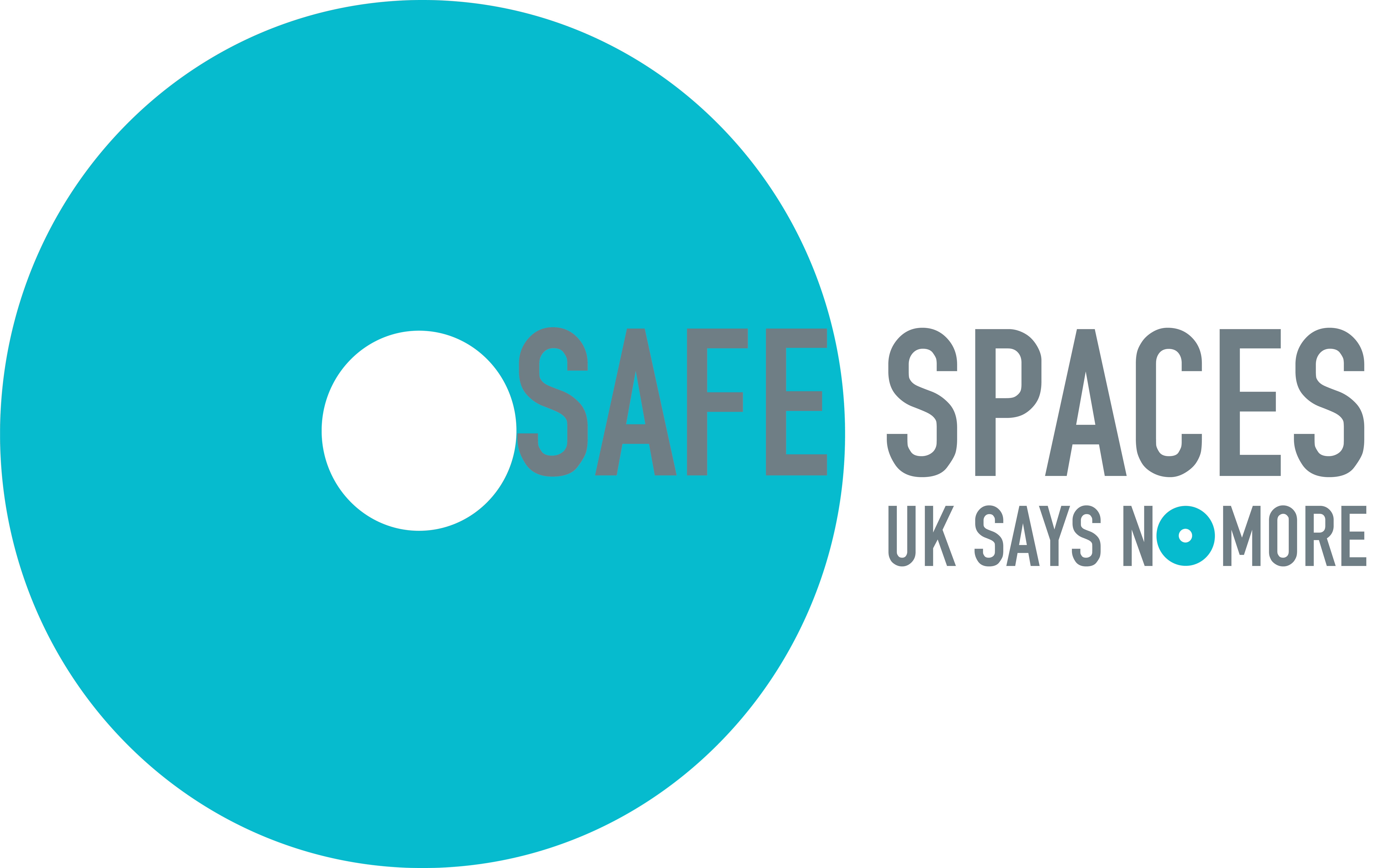Reducing the risk of birds damaging your home
22 June 2021
Birdwatching and bird feeding have increased during lockdown as it’s widely promoted as family-friendly activities. They’re also activities that have provided comfort to many who have felt isolated. There are many great things to say about these activities, however they do create a pest control issue as they attract pigeons which leads to damages to your home and a health risk to you and your family. To reduce this risk, we recommend not feeding birds and pigeons on or near your home.
Over the last few months, we’ve received an increasing number of calls regarding residents feeding pigeons. While we appreciate the sentiment behind feeding birds, encouraging pigeons creates additional problems such as health risks. Breathing dust or water droplets containing contaminated bird droppings can lead to several diseases, including a flu-like illness called psittacosis and salmonella, a bacterial infection that can cause diarrhoea, can be present in some bird droppings. The feeding of pigeons also attracts rats and mice which take any uneaten food.
In addition to carrying diseases, pigeons can also wreak havoc on your property. Flocks damage buildings and their nests interfere with electrical elements and air conditioners. Pigeon droppings are not only unsanitary but can create slippery and hazardous conditions. There is a huge cost each year to local authorities and housing associations to clean, repair buildings, and provide pest control proofing because of the damage caused by birds and pigeons. This is a cost that gets charged to residents through service charge.
If you are cleaning up, or come into contact with droppings, you should take precautions. Wash your hands and clean any exposed skin before eating, drinking, or putting your hands near your mouth.

